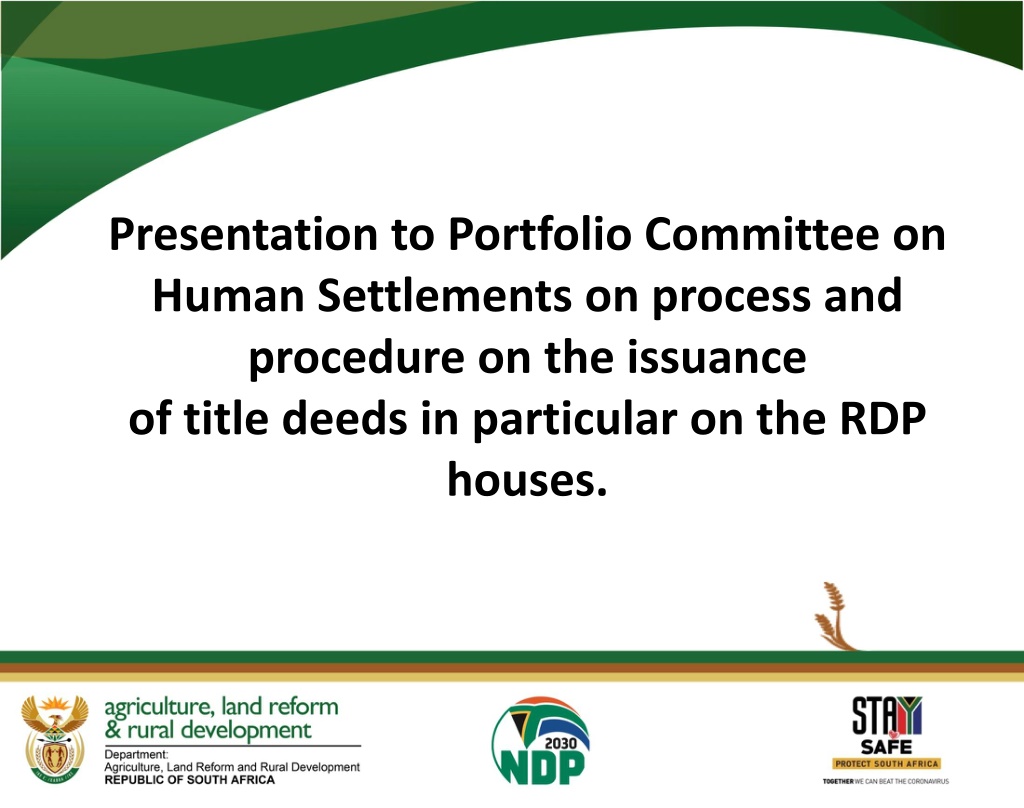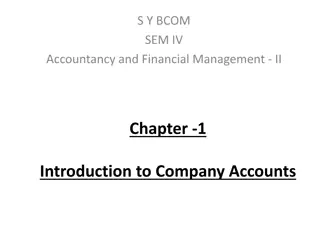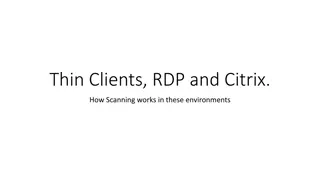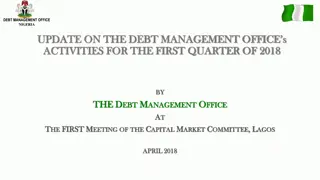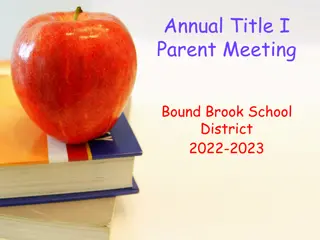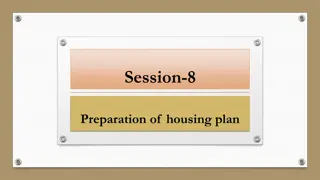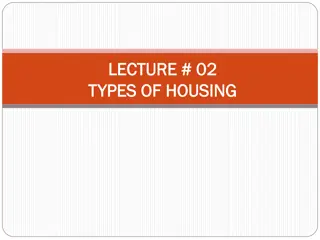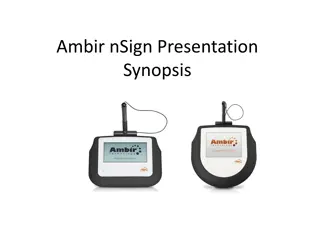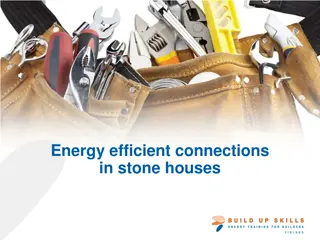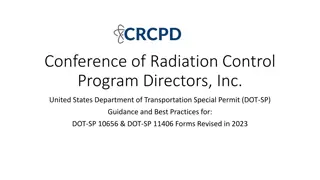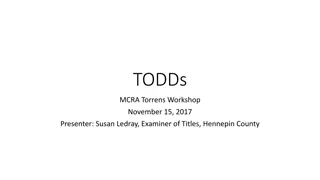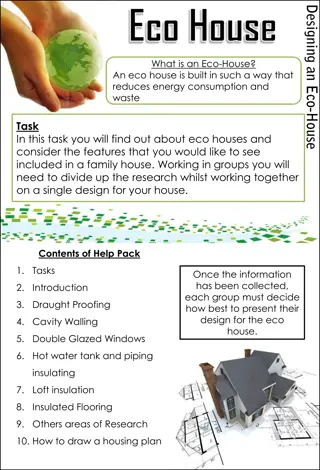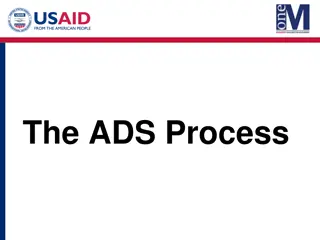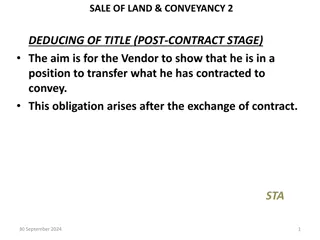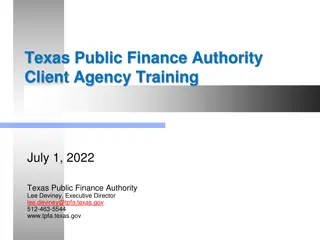Efficient Issuance of Title Deeds for RDP Houses
Detailed presentation outlining the process and procedure of issuing title deeds, particularly for RDP houses. It covers the duties of the Registrar of Deeds, concepts of deeds registration, roles of officials involved, and a typical flow of a deed through the Pretoria Deeds Office.
Download Presentation

Please find below an Image/Link to download the presentation.
The content on the website is provided AS IS for your information and personal use only. It may not be sold, licensed, or shared on other websites without obtaining consent from the author. Download presentation by click this link. If you encounter any issues during the download, it is possible that the publisher has removed the file from their server.
E N D
Presentation Transcript
Presentation to Portfolio Committee on Human Settlements on process and procedure on the issuance of title deeds in particular on the RDP houses.
PRESENTATION OUTLINE Duties of the Registrar of Deeds Deeds registration concepts Deeds registration officials Workflow in a deeds registry Who initiates deeds registration Role that can be played by the Registrar of Deeds
DUTIES OF REGISTRAR OF DEEDS 1. Taking charge of and preservation of records 2. Examination of deeds 3. Record notices and Court orders 4. Keep registers necessary for giving effect to the provisions of the Deeds Registries Act. 5. Supply registration information.
DEEDS REGISTRATION CONCEPTS LODGEMENT: Process of submitting deeds to a deeds registry. Examination: Process of verifying registrability or otherwise of deeds. Endorsement: Process of effecting endorsements on deeds. Numbering: Process of giving numbers to deeds for distinguishing between different deeds for retrieval purposes. Black booking: Process of verifying presents or otherwise of impediments to registration. Execution: Process of signing deeds to signify assent to registration. Data capturing: Process of updating deeds registry records regarding newly registered deeds.
DEEDS REGISTRATION OFFICIALS Junior Examiner: Endorses and check compliance with prescripts at lower level. Senior Examiner: Verifies examination of Junior Examiner and passes or reject deeds. Monitor: Monitor standards of examination by Junior and Senior Examiner and Monitor that Deeds has been correctly passed or fairly rejected. Registrar of Deeds: Attests to deeds. Conveyancer: Prepares deeds, attends to queries raised and executes deeds.
Overall view of the Typical flow of a Deed through the PRETORIA Deeds Office: Day 3 Day 2 Day 2 Day 3 Day 1 Lodge- - ment Counter Lodge ment Counter Lodgement Data Prep Distribution (1st level) Junior Examination (2nd level) Senior Examination Distribution Distribution Day 12 Days 10 & 11 Micro: Deeds are Scanned & verified Day 5 Rejected Deeds are Delivered back to the Client Day 4 Rejected Deeds Deeds are Delivered back to the Client Delivery Counter Monitor (3rd level) Day 5( PREP ) Conveyancers Attend to notes & Finalise Finances Deeds are Final Black-Booked Deeds are sorted Day 6 Day 7 & 8 Day 9 Passed Deeds Deeds are Executed Deeds are Numbered, Dated &Embossed Final Checking Data Capturing Data Verification
WHO INTITIATES DEEDS REGISTRATION INITIATOR In terms of section 16, read with section 20, of the Deeds Registries Act No. 47 of 1937 ownership of land is transferred from one person to another by the registration of a deed of transfer prepared and executed by a conveyancer authorised by the owner. The registrar of deeds does not issue title deeds, but registers deeds of transfer conveying ownership from one person to another.
ROLE THAT CAN BE PLAYED BY THE REGISTRAR OF DEEDS Regulation 45(3) of DRA provides for registration of deeds on the sixth working day after lodgement and also affords the registrar of deeds the discretion to permit registration before the sixth working day after lodgement. The registrar of deeds would exercise this discretion upon request by the conveyancer who had lodged the deeds.
